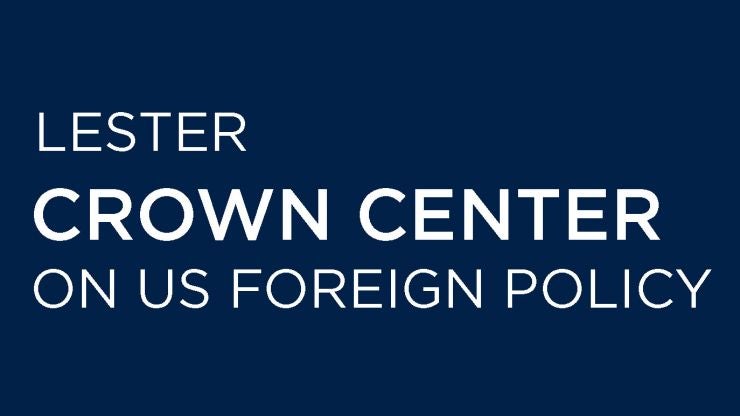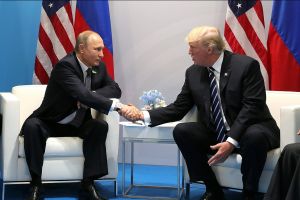Arik Burakovsky, Dina Smeltz, and Brendan Helm find that while experts anticipate changes in the global balance of power in the next 20 years, with China overtaking the United States, they do not expect Russia to come out stronger.
Introduction
Although President Trump initially hoped for improved relations between the United States and Russia, during his tenure the US government has overtly declared Russia a top threat to US national security. Congress and the administration widened Obama-era sanctions against Russia after alleged Russian interference in the 2016 presidential election. Data from a recent survey of American experts on Russia, conducted by The Fletcher School of Law and Diplomacy at Tufts University and the Chicago Council on Global Affairs paints Russia as a declining power.
The results show that while experts anticipate changes in the global balance of power in the next 20 years, with China overtaking the United States, they do not expect Russia to come out stronger over that time frame. Experts draw attention to Russia’s cracked economic and political foundation in the present and its likely decline over the next two decades due to economic mismanagement and faltering soft power. Now there are the lingering economic effects of the COVID-19 pandemic to add to this list.
Key Findings
- Experts expect China to surpass the United States within 20 years in terms of influence and economic strength but not with respect to military power.
- In 20 years, experts expect Russia’s level of influence to fall barely past that of India, which experts currently view as much less influential than Russia.
- Despite dim prospects for Russia’s economy, experts predict that its economic strength will modestly increase over the next two decades, though it will remain less economically powerful than other great powers.
- While Russia remains a militarily powerful country today with a sizeable nuclear arsenal, experts see a somewhat diminishing might over the next two decades.
Methodology
The report is based on a survey among selected American experts from the government, top universities, and research institutes. The Chicago Council team identified researchers, academics, and policymakers who attended the 2019 Association for Slavic, East European, and Eurasian Studies (ASEEES) conference and selected those who self-identified as American citizens. The participants in the ASEEES conference represent a broad swath of experts from across the United States who specialize in topics which concern Russia, Eastern Europe, the Caucasus, and Central Asia, as well as US-Russian relations. Of those who responded to the survey, 55 percent were male, and 45 percent were female. In terms of partisan affiliation, there was a much greater proportion of Democrats (66%) than Republicans (4%) or Independents (24%). Just 3 percent reported having served in the US military, while 17 percent reported having served in the US government. Nearly all the respondents currently reside in the United States (94%), and despite the 2019 ASEEES conference being held in San Francisco, California, there is fairly even representation of experts from across the country. The survey was fielded using Qualtrics, an online survey platform. The Chicago Council initially targeted 2,198 experts by email on January 27, 2020. The final reminder email was sent on February 9, 2020, and the fielding of the survey was closed on February 20, 2020.






